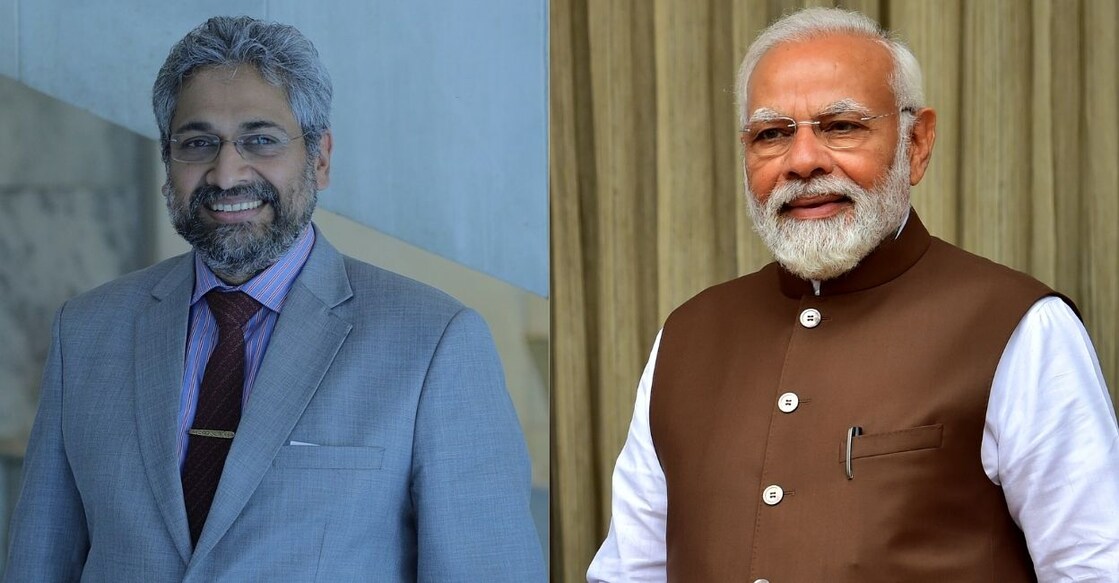Modi govt all set to weaponise readers' complaints against news outlets: Siddharth Varadarajan

Mail This Article
Thiruvananthapuram: Siddharth Varadarajan, founder of The Wire, said on Tuesday that the Narendra Modi government was using the new amendments to the IT Rules to "weaponise" reader complaints against media organisations.
"Under the guise of allowing the readers to share their grievances against news organisations, the Centre is using the IT Rules to create a system to weaponise those complaints," Varadarajan said while delivering the inaugural talk on the topic 'Freedom of Expression vs Freedom After Expression' in Thiruvananthapuram. The discussion was organised by the Democratic Alliance for Knowledge Freedom.
Varadarajan was referring to the proposed grievance redressal mechanism in the Information Technology (Intermediary Guidelines and Digital Media Ethics Code) Rules.
He said news organisations were bound to respond to these complaints. "And if they cannot resolve it to the satisfaction of the complainant, which in many cases could be the BJP's IT Cell, the complainant can escalate the grievance up to the inter-ministerial panel of bureaucrats who would then decide the validity of the story," The Wire founder said. "Have you ever heard of anything like this? Faceless bureaucrats sitting as final arbiters of journalistic endeavours," Varadarajan said.
As if this power was not enough, Varadarajan said Rajeev Chandrasekhar (Minister of State for Electronics and Information Technology) and colleagues have introduced another clause that would empower the government to decide what is fake news. "You don't even require the fig leaf of some reader complaint to come hard on an uncomfortable news report or news outlet. "The government itself can issue an order saying that a particular report is fake. And this designated fake news, the social media intermediaries are obliged to take down," he said.
The draft amendment of the IT Rules makes it obligatory for all intermediaries like X (Twitter) and YouTube to remove information that is identified as fake by the fact-checking unit of the Press Information Bureau (PIN) or centrally authorised authority.
"So if tomorrow Arundhati Roy pens one of her brilliant essays in which she speaks of Narendra Modi's nexus with crony capitalists, the Home Ministry will have the power to brand it as fake and order Twitter and YouTube to remove it," Varadarajan said. "This is the kind of censorship that Modi has introduced in India," he said.
On the other hand, the senior journalist said that the government would not investigate individuals and entities within its ecosystem even if a mountain of evidence is brought against them. He said the Financial Times had run two stories that talk about the illicit transfer of hundreds of crores out of India by top Indian companies, which according to him "any sensible government would want to investigate".
This was a nod to two FT reports: 'Secret paper trails reveal hidden Adani investors' and 'The mystery of the Adani coal imports that quietly doubled in value'. The first report was based on documents that exposed "potentially controversial shareholders" in the Adani group and the second one produced documents that supported the charge that Adani, the country's biggest private coal importer, has been inflating power costs causing millions of consumers to overpay their power bills.
"These big conglomerates are left untouched but they will send the ED (Enforcement Directorate) and CBI and Delhi Police after journalists who question their deeds," Varadarajan said.

